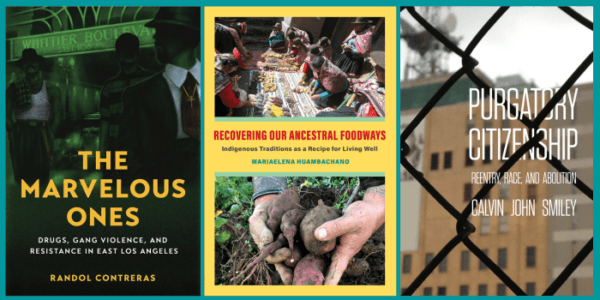About the Book
A free ebook version of this title is available through Luminos, University of California Press's Open Access publishing program. Visit www.luminosoa.org to learn more.
What happens after colonial industries have run their course—after the factory closes and the fields go fallow? Set in the cinchona plantations of India’s Darjeeling Hills, Quinine’s Remains chronicles the history and aftermaths of quinine. Harvested from cinchona bark, quinine was malaria’s only remedy until the twentieth-century advent of synthetic drugs, and it was vital to the British Empire. Today, the cinchona plantations—and the roughly fifty thousand people who call them home—remain. Their futures, however, are unclear. The Indian government has threatened to privatize or shut down this seemingly obsolete and crumbling industry, but the plantation community, led by strident trade unions, has successfully resisted. Overgrown cinchona fields and shuttered quinine factories may appear the stuff of postcolonial and postindustrial ruination, but quinine’s remains are not dead. Rather, they have become the site of urgent efforts to redefine land and life for the twenty-first century. Quinine's Remains offers a vivid historical and ethnographic portrait of what it means to forge life after empire.
What happens after colonial industries have run their course—after the factory closes and the fields go fallow? Set in the cinchona plantations of India’s Darjeeling Hills, Quinine’s Remains chronicles the history and aftermaths of quinine. Harvested from cinchona bark, quinine was malaria’s only remedy until the twentieth-century advent of synthetic drugs, and it was vital to the British Empire. Today, the cinchona plantations—and the roughly fifty thousand people who call them home—remain. Their futures, however, are unclear. The Indian government has threatened to privatize or shut down this seemingly obsolete and crumbling industry, but the plantation community, led by strident trade unions, has successfully resisted. Overgrown cinchona fields and shuttered quinine factories may appear the stuff of postcolonial and postindustrial ruination, but quinine’s remains are not dead. Rather, they have become the site of urgent efforts to redefine land and life for the twenty-first century. Quinine's Remains offers a vivid historical and ethnographic portrait of what it means to forge life after empire.

